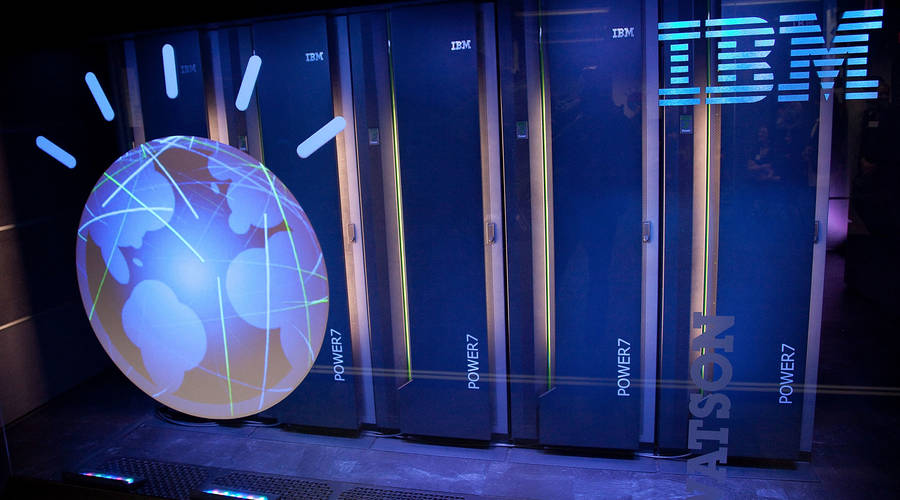
Once upon a time, IBM stood for International Business Machines, but the company hasn’t made any machines in years. Since it got rid of its hardware divisions, it’s been focusing on selling two things to business customers: software and services.
Today, IBM took another big step in that direction: Big Blue’s spending $34 billion to acquire the open-source software and cloud computing firm Red Hat.
It’s the biggest acquisition ever for IBM, which is betting that the move will make it a bigger player in the big market for cloud computing, actually a specific kind of cloud computing.
The cloud analogy is apt in this case. There are different types of clouds in the sky — stratus clouds, closer to the ground, and cirrus clouds high in the sky. Data clouds work the same way: Companies put some info on servers far away. But they want to keep the data they need to access quickly close at hand.
“Who knows where this [data] is?” said Kim Forrest of Fort Pitt Capital. “Over in China? Over in Europe? You don’t know where the cloud really is, all of that back and forth takes too long. So you have to have stuff close to you, like the guts of your business.”
Having some cloud close by and some at a distance is called “hybrid cloud.” It requires the various clouds to talk to one another, and Red Hat makes software to do that.
That’s a big reason IBM bought the company. IBM hopes that acquiring Red Hat will help it take on the biggest players in cloud computing, Amazon and Microsoft, says Chris Gardner at Forrester Research.
“This is a proactive approach to say look, we don’t want to be in their shadow when it comes to hybrid cloud,” he said. “We want to be a first-run player.”
IBM hasn’t been first at much lately. Michael Cusumano at the Sloan School of Management at MIT says Big Blue came late to mobile computing and the cloud. Now, it’s playing catchup.
“It’s still an important company,” Cusumano said. “But it’s not a growth company any more. It’s a shrinking company. The big challenge for the CEO Ginni Rometty is to figure out how to grow again.”
The acquisition is a pricey bet for IBM: $34 billion is 63 percent more than what the market thought the Red Hat was worth on Friday.